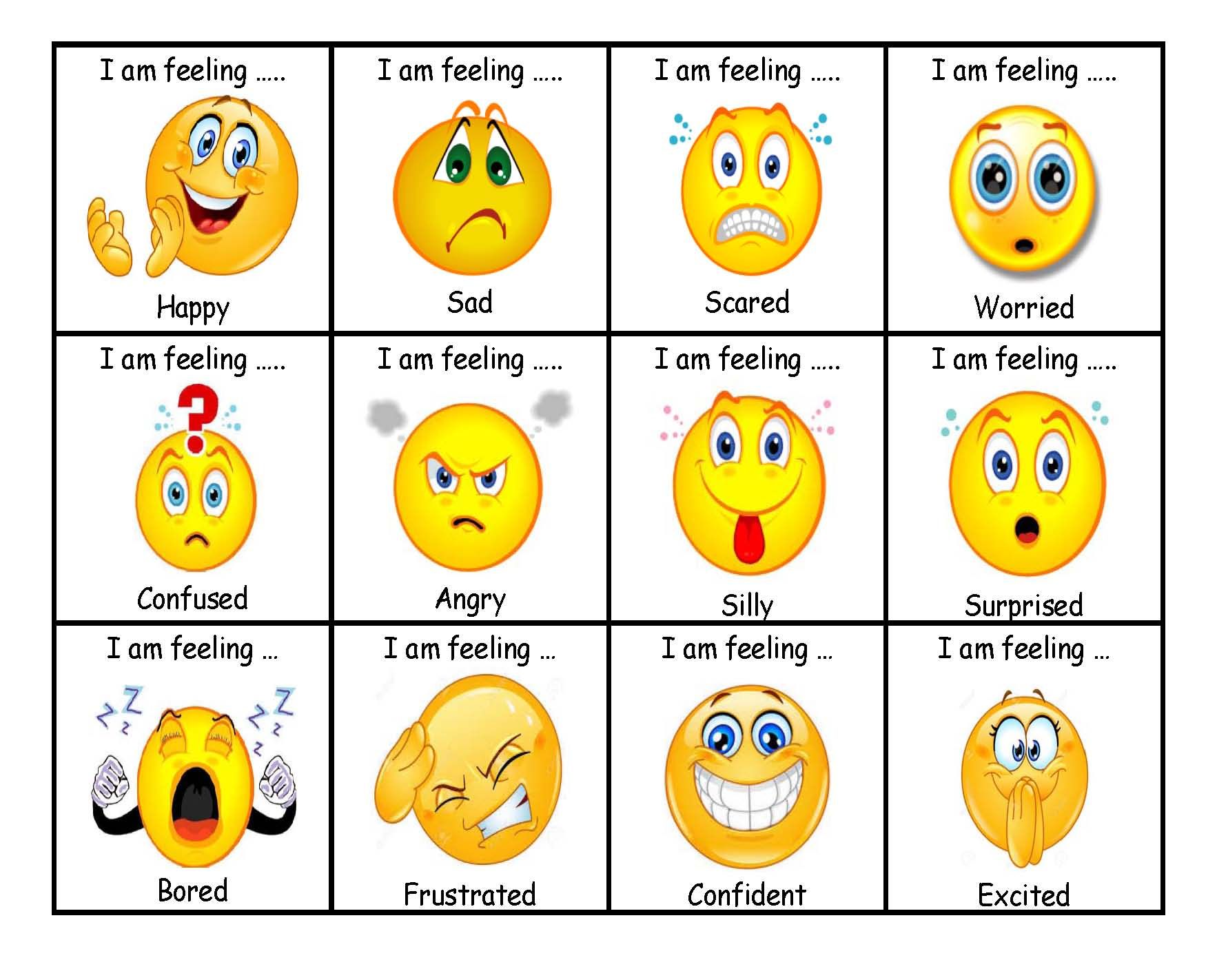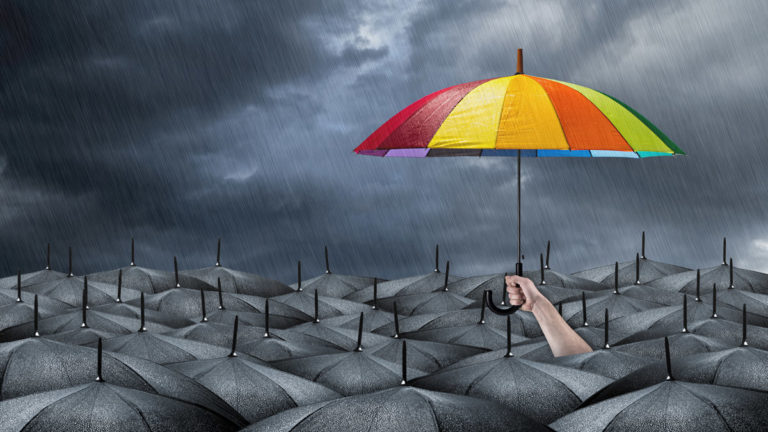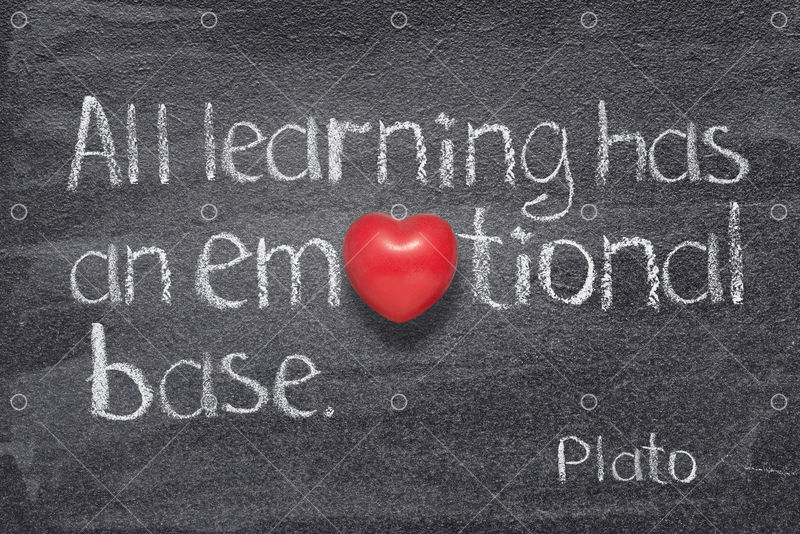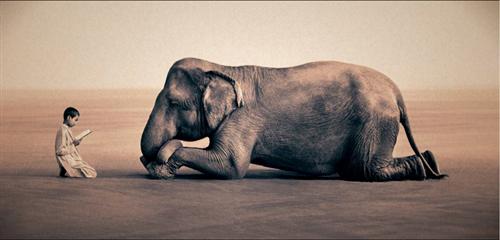T.S. Eliot posed the question: "Where is the Life we have lost in living? Where is the wisdom we have lost in knowledge? Where is the knowledge we have lost in information?"...

Photo: Pinterest
Social and Emotional Learning and acquiring skills such as active listening, self-awareness, empathy, kindness, love, trust, respect for others, care of mother nature and suchlike, will empower us all to lead a better and a more rewarding life, now and forever.
How to Lead With Emotional Intelligence in the Time of Coronavirus and Beyond

Photo:Pinterest
‘The past year has been tough on all of us, though perhaps on children most of all. A crucial stage of their education and growth is taking place under the shadow of disorder and uncertainty. Difficult times give rise to difficult emotions - anxiety, frustration, boredom, melancholy, self-pity, and many more besides.
‘When dealing with such feelings, we face the problem of articulacy. To fully process our emotions, we first need to be able to recognise, name, describe and give voice to them - a skill we call emotional literacy. Sadly, it’s an ability traditional education often neglects to teach sufficiently.
‘Though developing emotional literacy is particularly crucial for the young (who may be processing such emotions for the first time), it’s just as important for adults. All of us, young and old, need regular help to find words for our difficult feelings.’ - Excerpts from The School of Life
Emotional Education: An Introduction

Photo: PIXLR
“Our societies have a huge collective regard for education; but they are also oddly picky in their sense of what we can be educated in. We accept that we will need training around numbers and words, around the natural sciences and history, around aspects of culture and business.
“But it remains markedly strange to imagine that it might be possible – or even necessary – to be educated in our own emotional functioning, for example, that we might need to learn (rather than just know) how to avoid sulking or how to interpret our griefs, how to choose a partner or make oneself understood by a colleague…
“The task before us is therefore how we might acquire a set of emotional skills that could reliably contribute to a capacity for ‘emotional intelligence’…
“Emotional intelligence is the quality that enables us to negotiate with patience, insight and temperance the central problems in our relationships with others and with ourselves. It shows up around partnerships in sensitivity to the moods of others, in a readiness to grasp what may be going on for them beyond the surface and to enter imaginatively into their point of view. It shows up in regard to ourselves when it comes to dealing with anger, envy, anxiety and professional confusion. And emotional intelligence is what distinguishes those who are crushed by failure from those who know how to greet the troubles of existence with a melancholy and at points darkly humorous resilience.”…Emotional Education: An Introduction
I am very pleased and grateful that at the GCGI we’ve understood, appreciated and taken this concept very seriously for a very long time now.
"Educating the mind without educating the heart is no education at all."- Aristotle

Photo: montville.net
'We live in a world with many complex problems, at all levels, local, regional and global. It is said that education is the key that opens the door to a more harmonious world.
The pertinent question is: What kind of education and learning would help us address these challenges and create a sustainable world and a better life for all?
T.S. Eliot posed the question: "Where is the Life we have lost in living? Where is the wisdom we have lost in knowledge? Where is the knowledge we have lost in information?"
Reflecting on the questions above, we are going to need an education system that respects planetary boundaries, that recognises the dependence of human well-being on social relations and fairness, and that the ultimate goal is human well-being and ecological sustainability, not merely growth of material consumption.
The new education model recognises that the economy is embedded in a society and culture that are themselves embedded in an ecological life-support system, and that the economy can't grow forever on this finite planet.
In short, we need to listen to our hearts, re-learn what we think we know, and encourage our children to think and behave differently, to live more in sync with Nature.
If we do this successfully we can become wiser as a species, more “eco-logical.” We and the planet that gave birth to us can be happier and healthier, healed and transformed.'...The Journey to Sophia: Education for Wisdom
Below I have noted a selection of related readings from the GCGI Archieves for your interest:
Our Emotional Inheritance and the need for Emotional Education
Britain today and the Bankruptcy of Ideas, Vision and Values-less Education
Socio-economic justice and education
A Path to a Spiritual Education for the Common Good: Education for a Just and Sustainable World
Towards an Education Worth Believing In
Yes, it is true: “Education is what makes us fully human”
What if Universities Taught KINDNESS?
Why Happiness Should be Taught at Our Universities
Nature the Best Teacher: Re-Connecting the World’s Children with Nature
On the 250th Birthday of William Wordsworth Let Nature be our Wisest Teacher
A Sure Path to build a Better World: How nature helps us feel good and do good
Finding sanctuary in poetry during lockdown
Reflecting on Life: My Childhood in Iran where the love of poetry was instilled in me
Poetry is the Education that Nourishes the Heart and Nurtures the Soul
The beauty of living simply: the forgotten wisdom of William Morris
